It is commonly assumed that Catholic beliefs are based on interpretations of scripture. While many Catholic beliefs are based on Biblical teachings, some are derived from tradition or put in place by Church authority instead. Here are 17 common Catholic beliefs that aren’t actually in the Bible.
Many people believe the Pope is incapable of errors
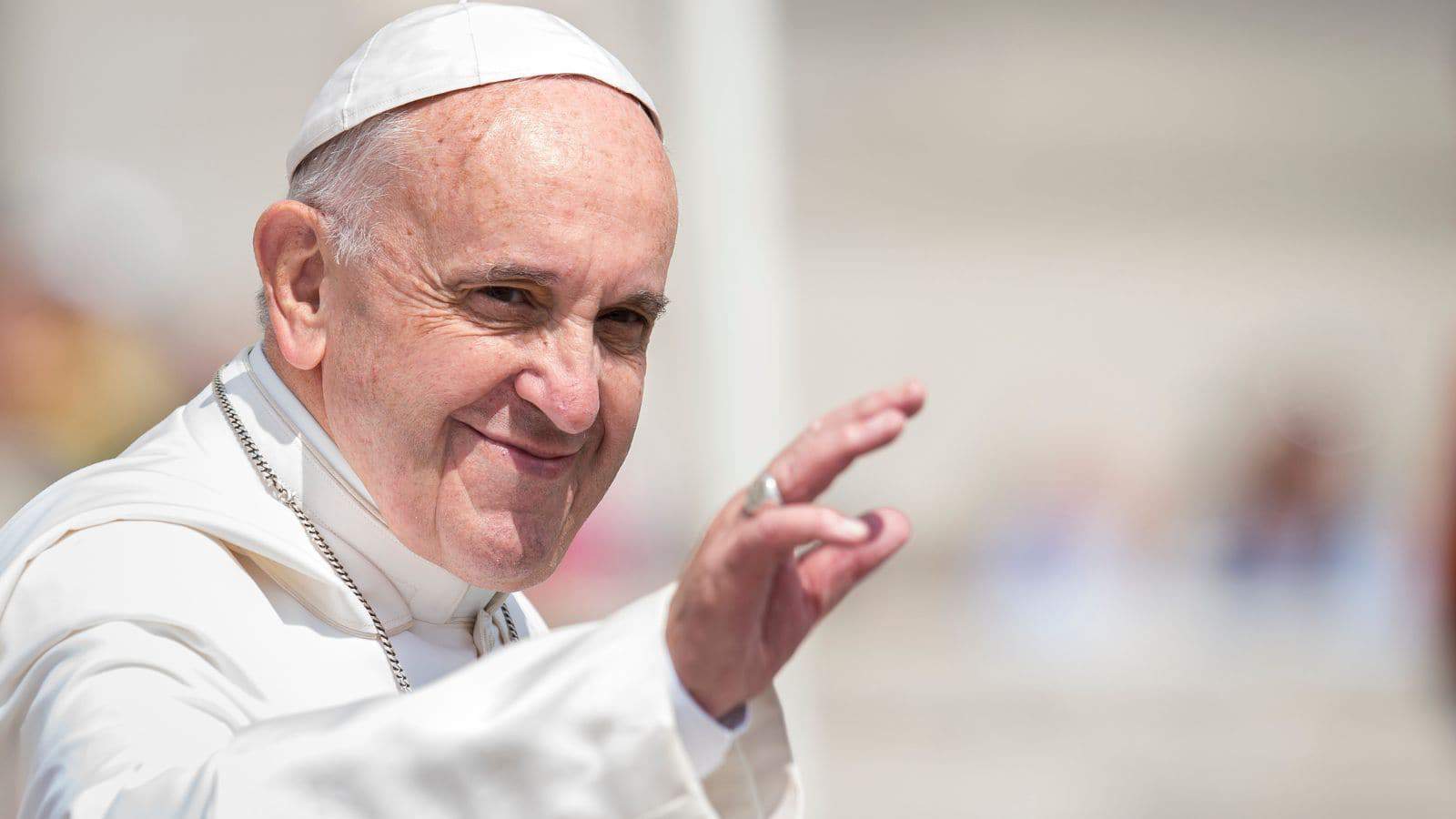
Catholics are taught that the Pope is infallible. The belief that the Pope is incapable of making errors is thought to be based on scripture, as Jesus promised that the Church that was built upon Peter would be protected. It is thought that Peter’s successors also received this protection, but the Pope’s position was established post-Jesus.
The Bible never mentions the immaculate conception
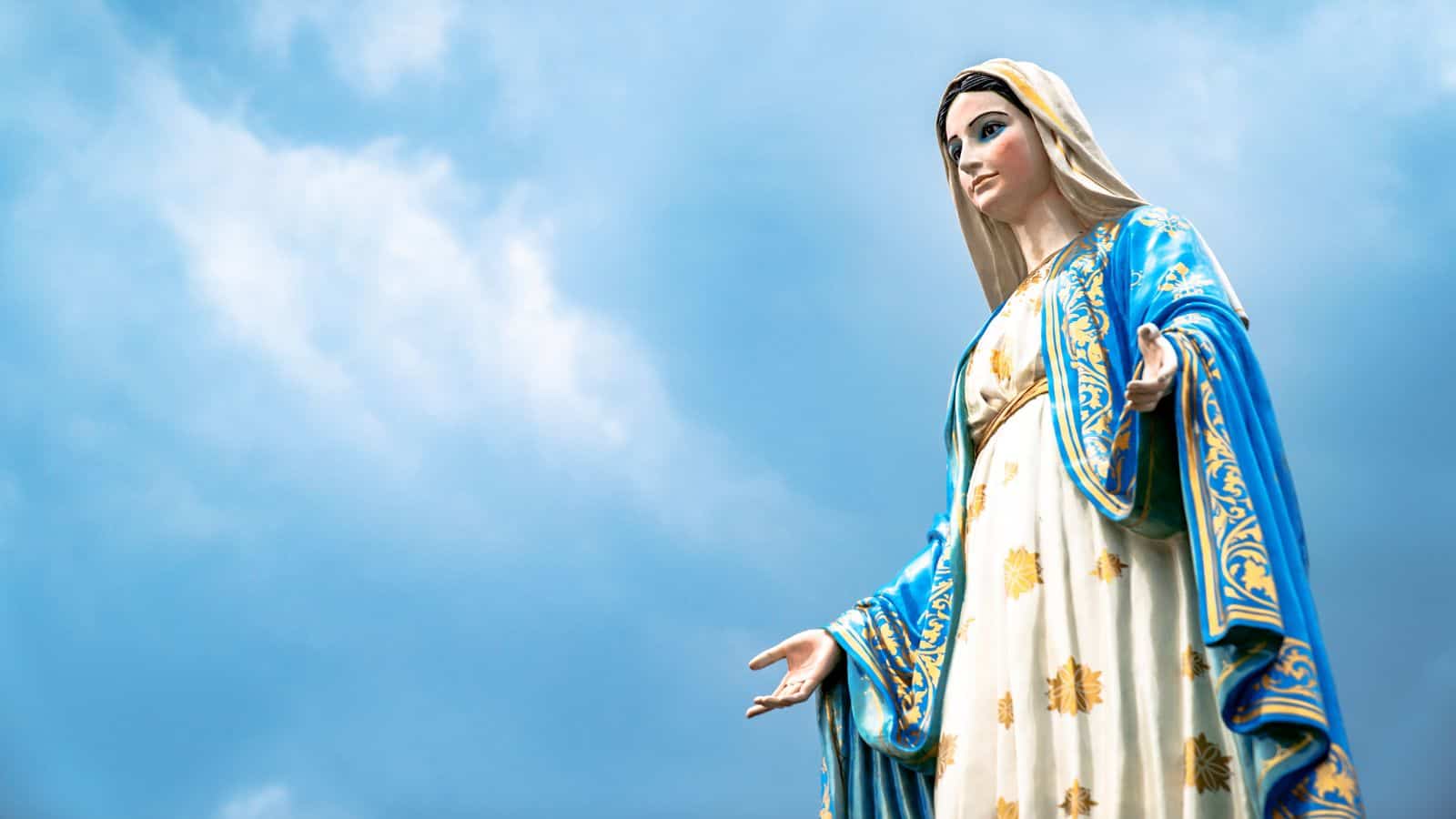
The conception of Jesus is always described as immaculate, but the Bible never actually discussed that Mary conceived without sin. The only reference is when Mary is greeted by the angel Gabriel of ‘full of grace’, which Catholics believe is a reflection of a sinless soul.
The Assumption of Mary was not in the Bible
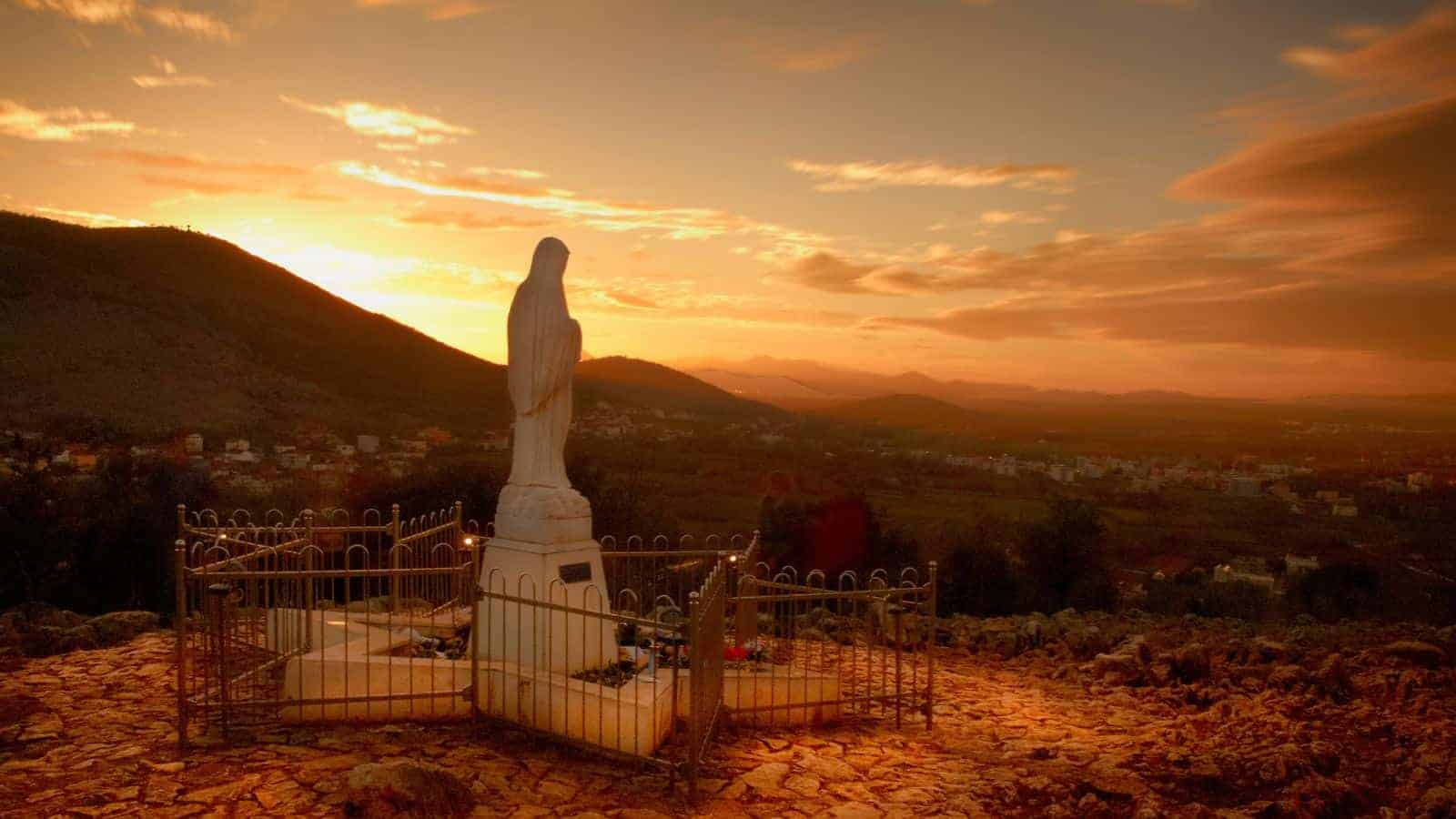
As the mother of Christ, Mary plays a big role in Catholicism. The four Marian Dogmas are highly respected and one of the Dogmas is the Assumption of Mary. There is the belief that Mary’s body was assumed into heaven at the end of her earthly life, but this was never discussed in the Bible.
Purgatory is a common Catholic belief
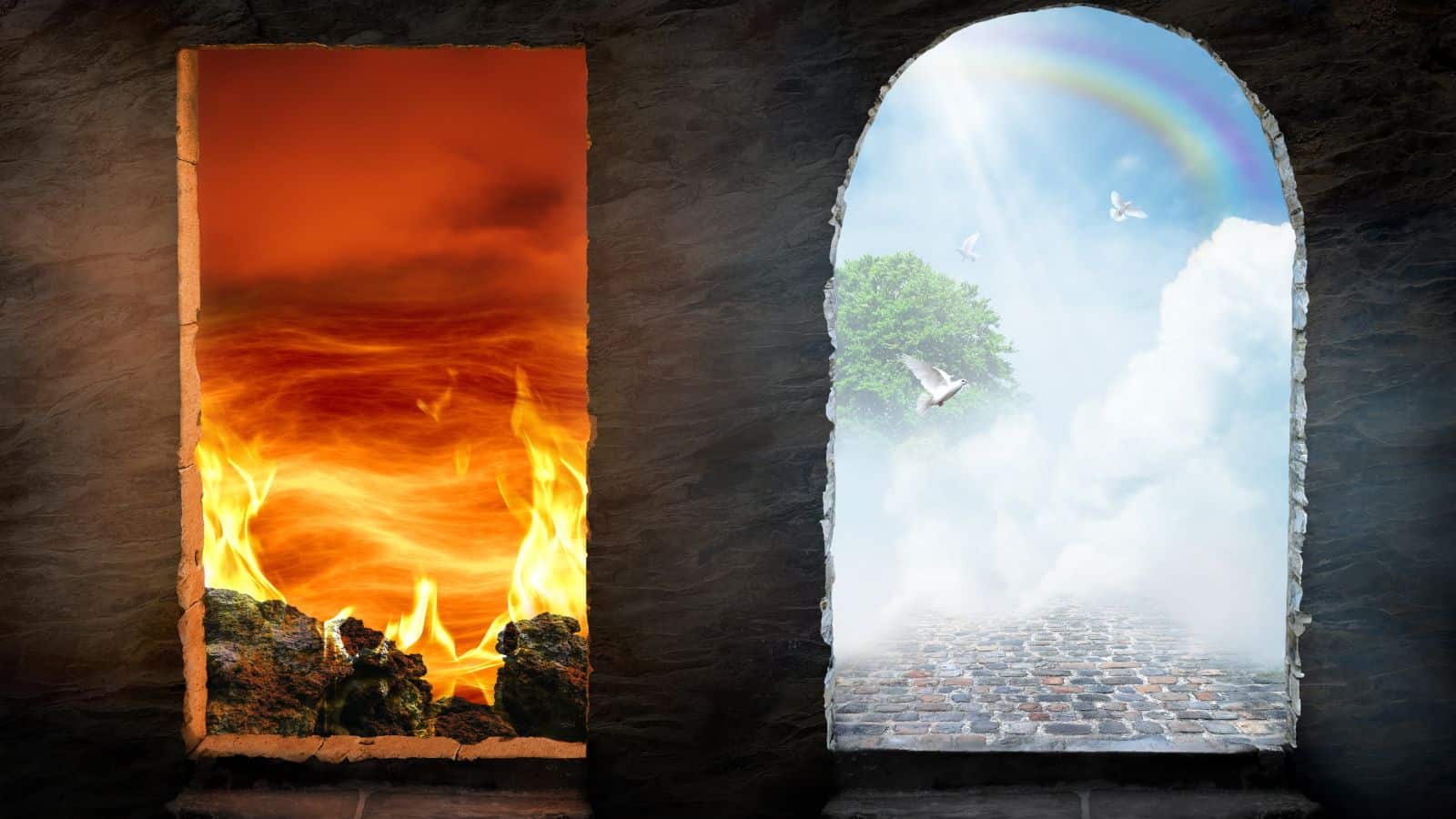
Purgatory is a state between life and death for souls destined for heaven but not yet fully cleansed of sin. The idea of purgatory is commonly believed in the Catholic faith, but Catholic Answers say other Christian denominations don’t believe in purgatory as it isn’t mentioned in the Bible.
Catholic regularly pray to Saints
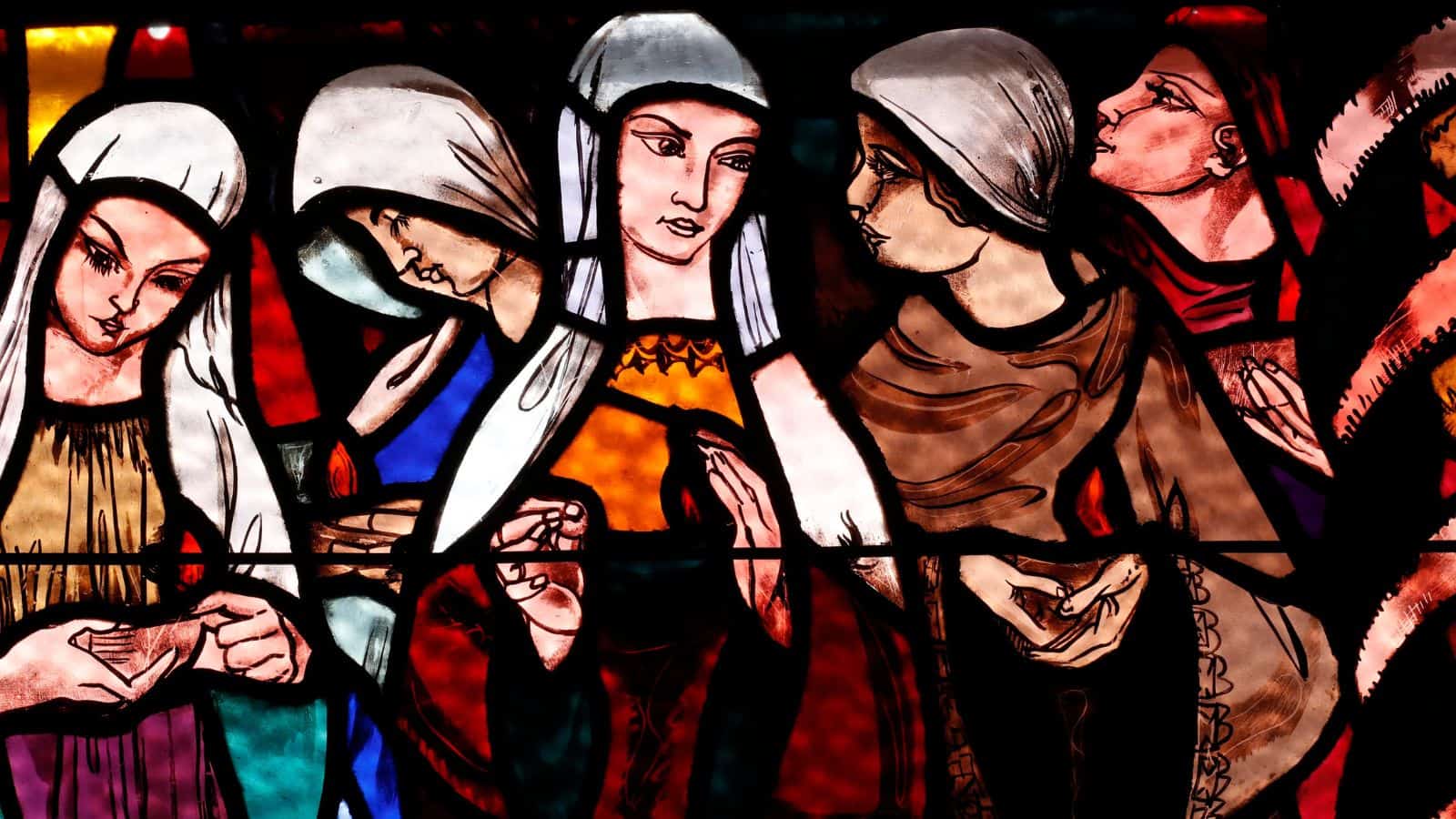
While all Christians pray to God, Catholicism is the only denomination that believes in praying to Saints. Catholics believe that Saints can act as a mediator between them and God, helping their prayers reach their destination. However, scripture doesn’t teach the practice of calling in Saints for help.
Paying to reduce sins is not a Bible teaching

Many religions help their Church through a tithe but Catholicism also practices the act of indulgences to this day. Indulgences are a form of payment made to the Church in an attempt to soften the blow of punishment you may receive for your sins. Nowhere in the Bible does it mention paying money for your sins.
Consuming the body and blood of Christ is a regular Catholic ritual
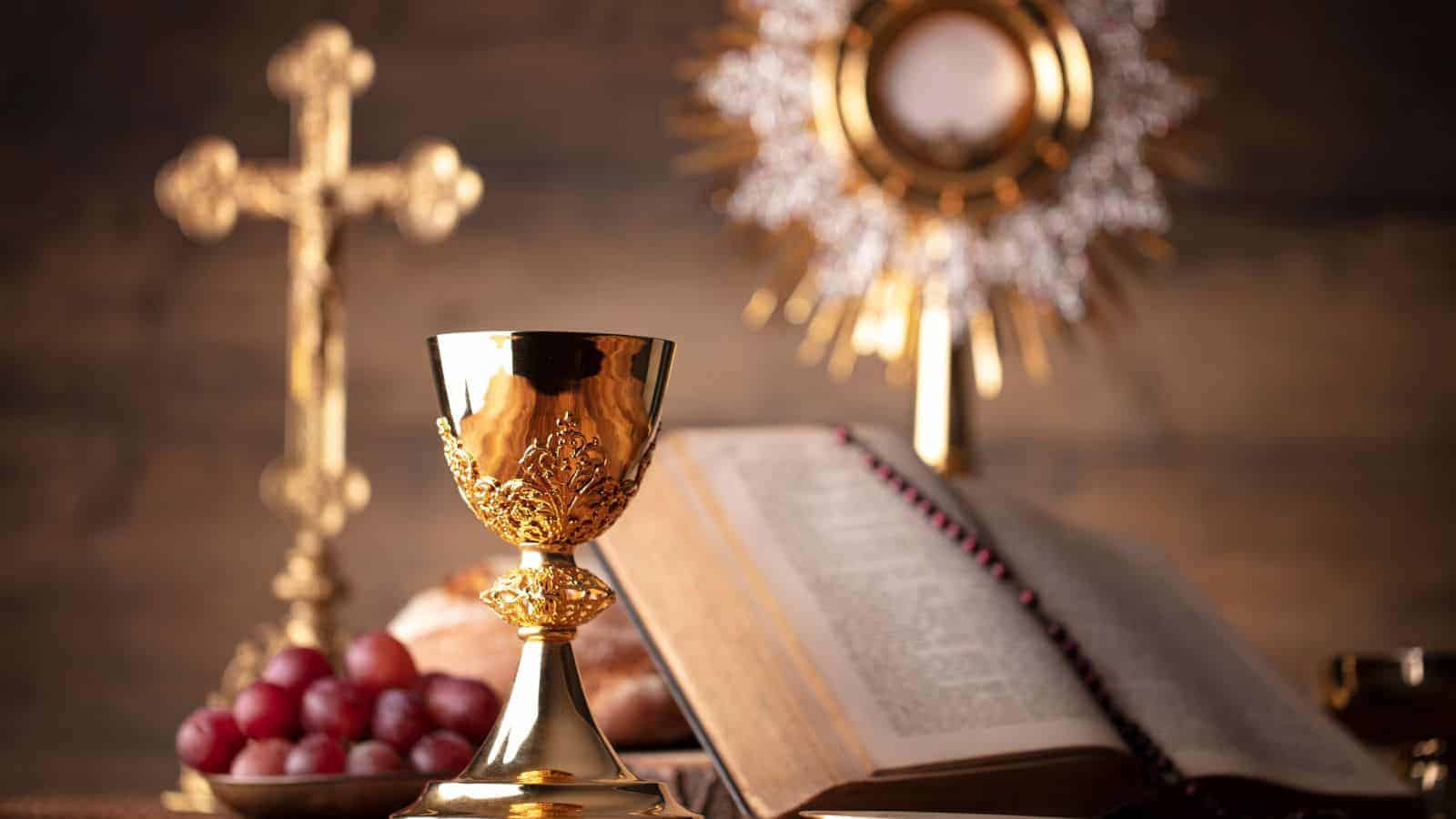
During Mass, it is a sacred ritual for Catholics to consume bread and wine. This regular practice of Holy Communion represents the body and blood of Christ. While the Bible mentions this Eucharist service, it involves Jesus breaking and blessing bread with no mention that it becomes the body and blood of Christ.
Catholics practice confession
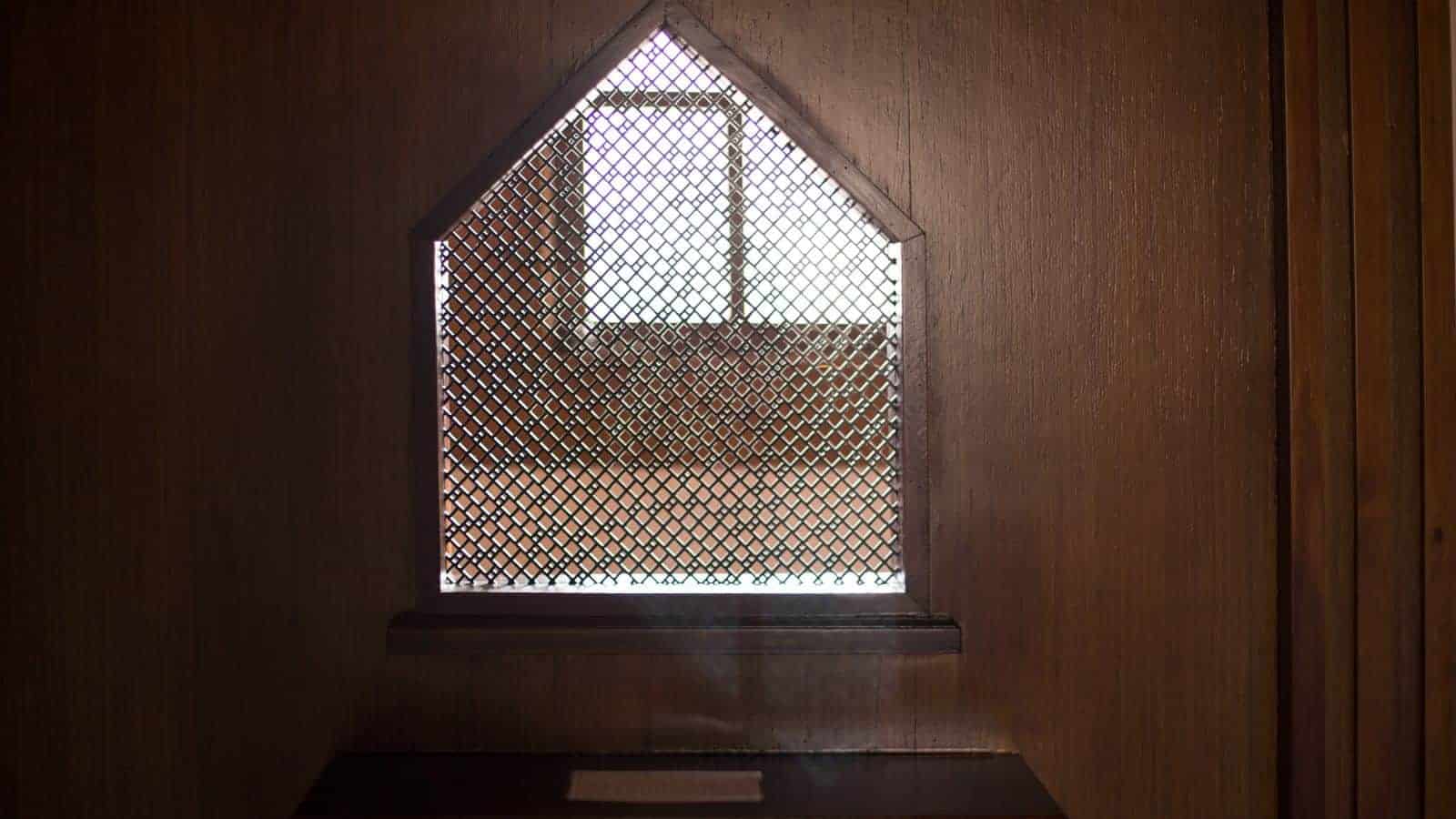
Confession is a part of Catholicism that is most commonly practiced. The requirement is to confess sins to a priest for absolution, but Catholics are the only Christian denomination to confess. In the Bible, no priests were ever present at a confession, but Catholics believe in the importance of it.
There is no Biblical requirement for priests to be celibate
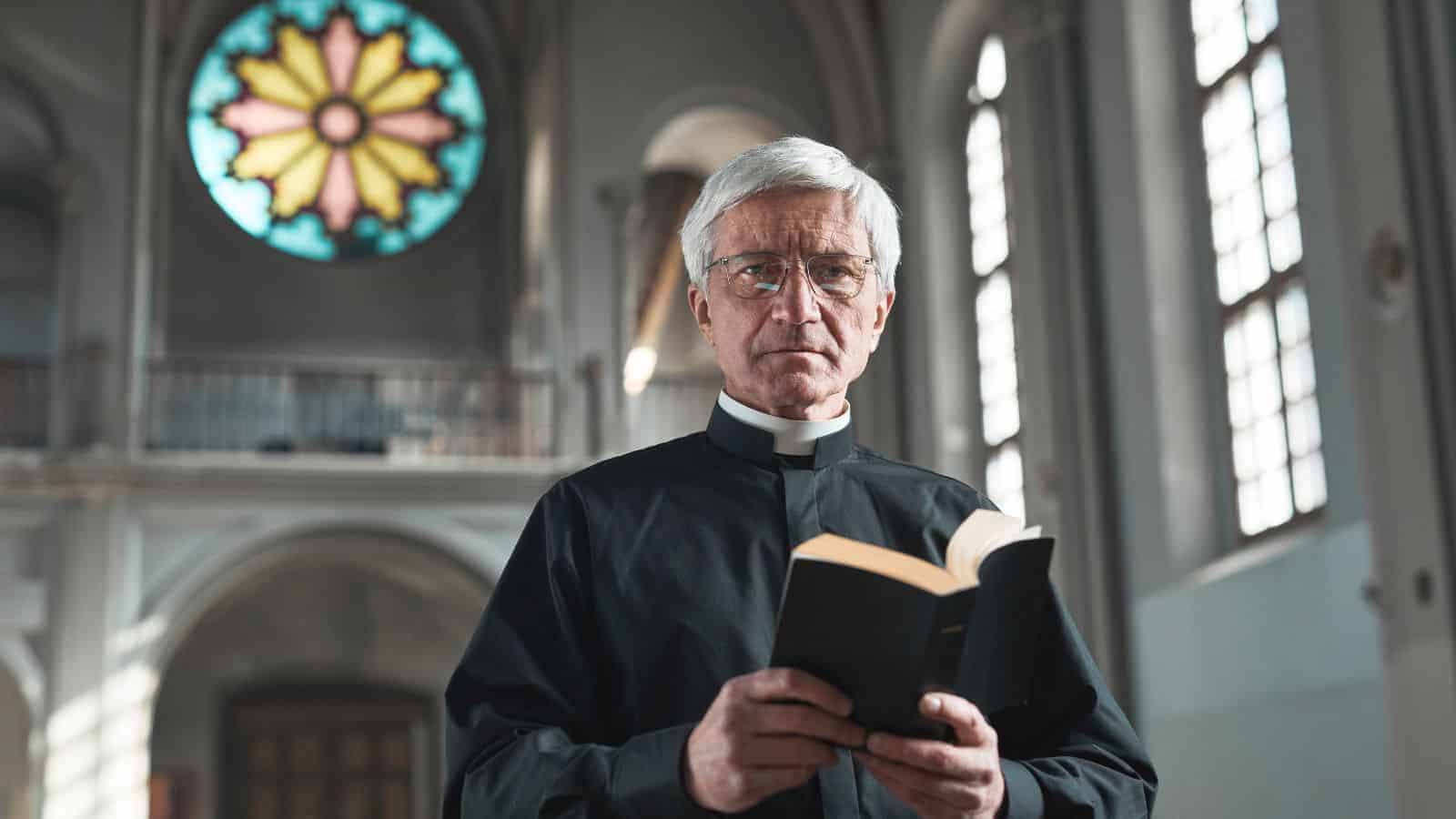
According to the University of Reading, priests have been celibate for thousands of years. The requirement for Catholic priests to remain unmarried and practice celibacy was presented in 1123 to show their dedication and closeness to God. While the Bible mentions celibacy, it isn’t promoted and there is no implication that spiritual leaders need to be single.
True Catholics have to receive Confirmation
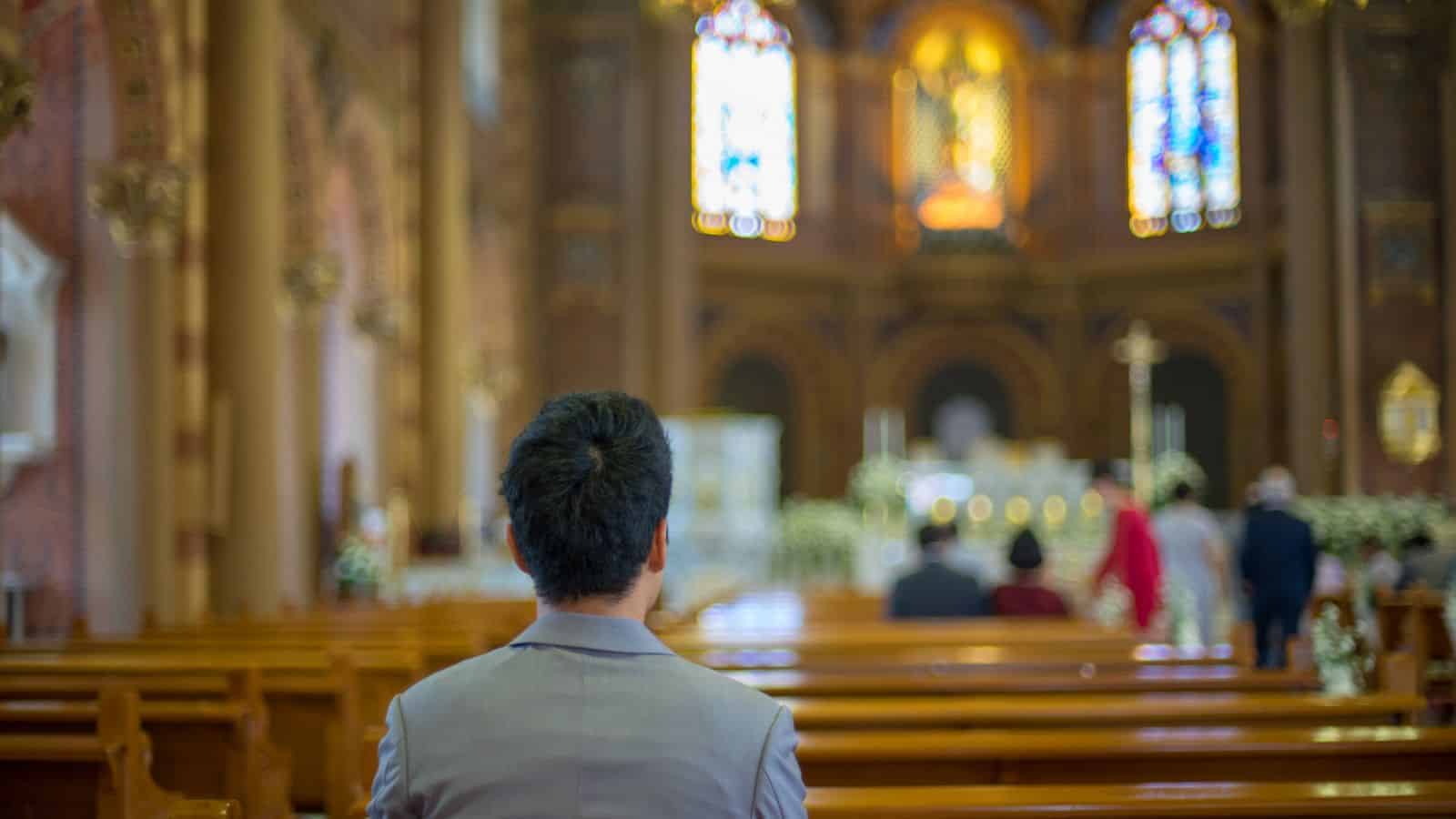
For children growing up in the Catholic faith, your early years of religion lead up to your initiation through Confirmation. Catholics view Confirmation as a necessary step in the Christian initiation process, which typically takes place between the ages of 7 and 13. However, the practice isn’t explicitly mentioned in the Bible.
Catholics believe the Last Rites

The practice of Last Rites is a sacred Catholic ritual for the sick and dying. St Brendan Catholic Church says this is the last time a Catholic receives the body and blood of Christ. The tradition is said to cleanse and purify the soul before it departs the Earth, but the sacrament of Last Rites is never featured in scripture.
The idea of Limbo is commonly believed in Catholicism
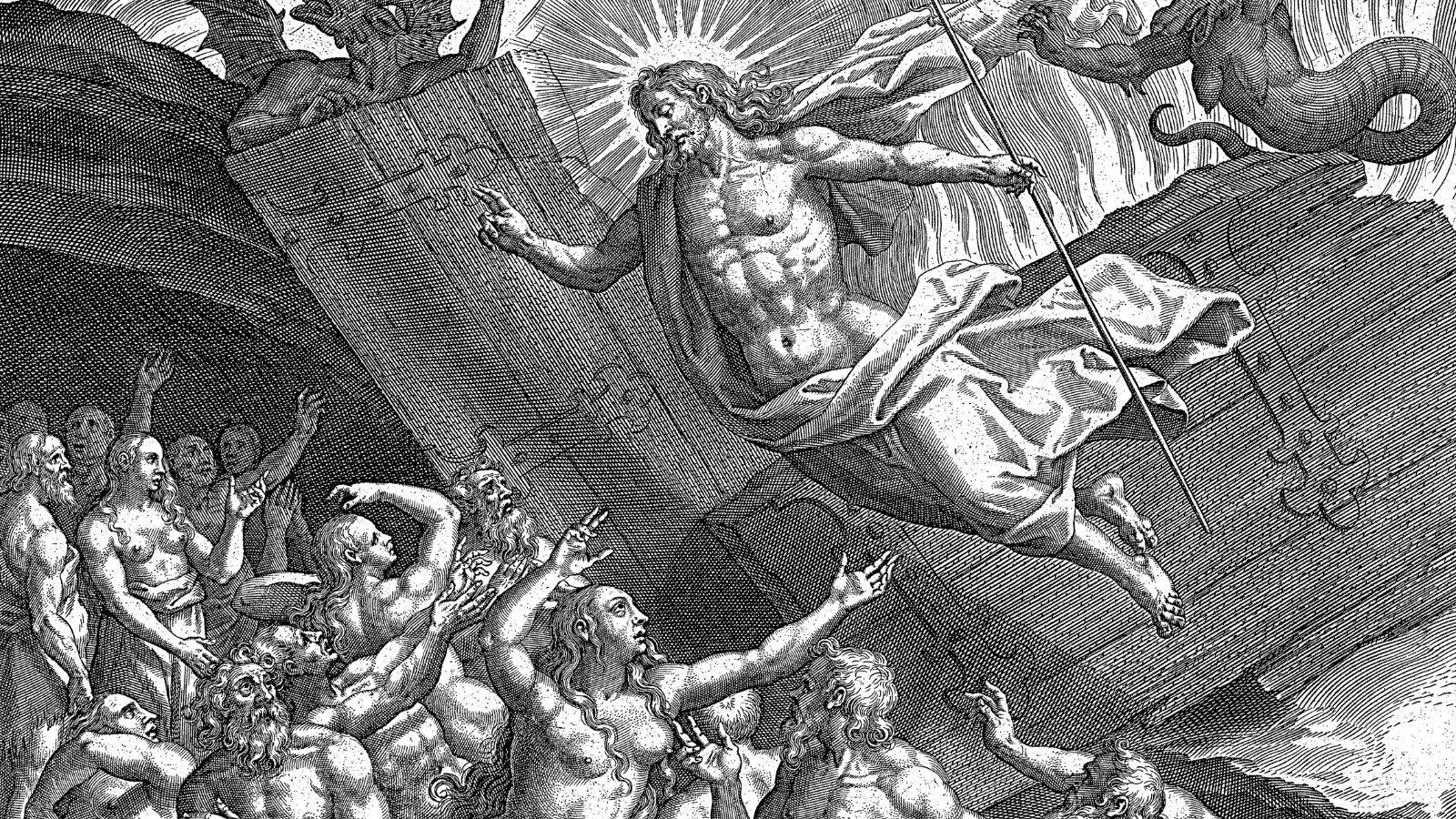
Limbo is similar to a state of purgatory but is the idea of an intermediate state of existence for those who die unbaptized. While not condemned to the punishment of hell, they don’t receive the happiness of Heaven and remain in Limbo, yet there are no explicit Biblical accounts of the state of Limbo.
Catholics believe the take on original sin
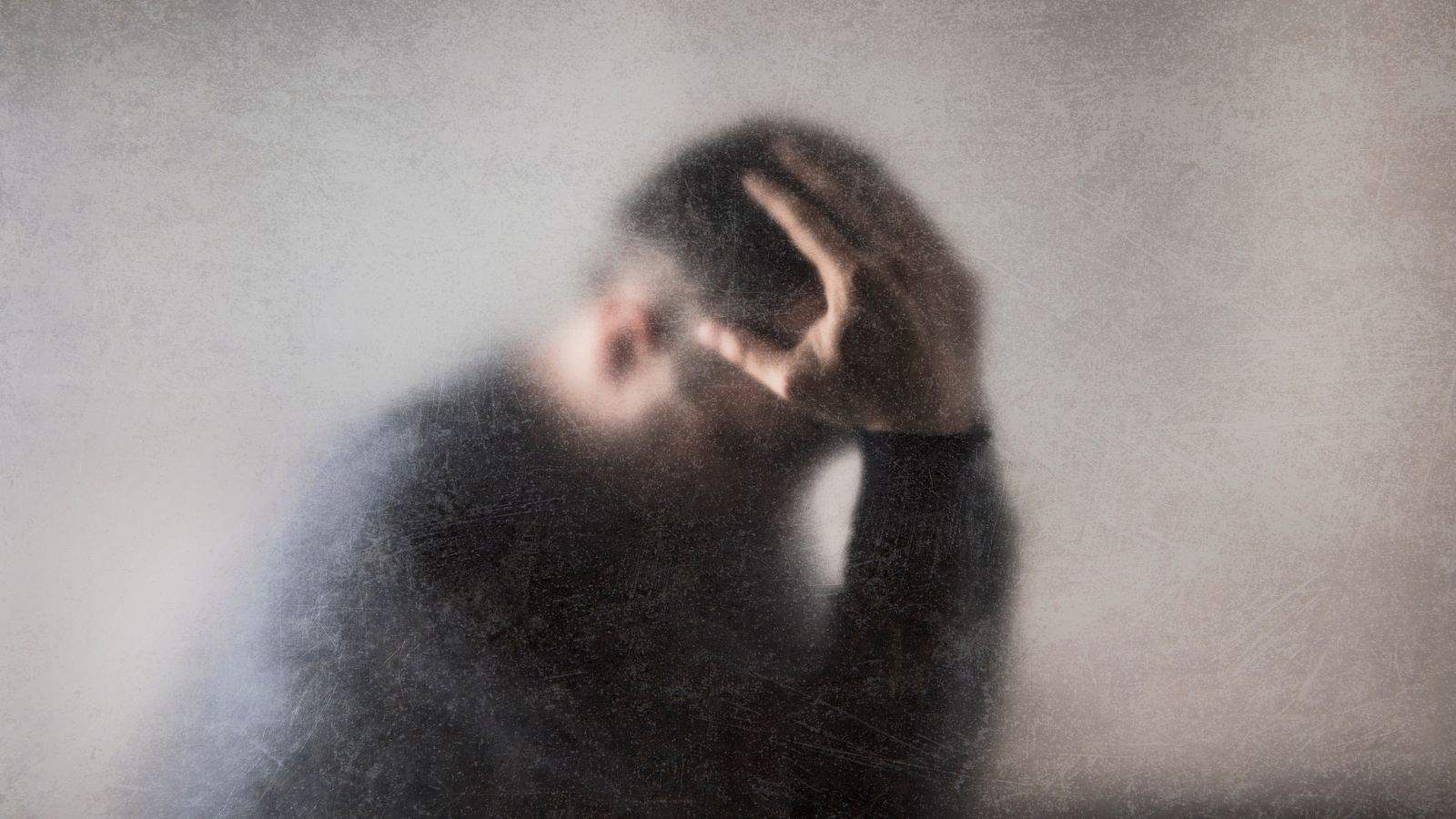
The belief that all humans inherit a sinful nature due to the disobedience of Adam and Eve is commonly believed by Catholics. While several Bible verses have been interpreted to imply that everyone takes on original sin, it is never explicitly mentioned and seems to be a concept developed A.D.
Catholicism enforces the importance of aids in prayer and devotion
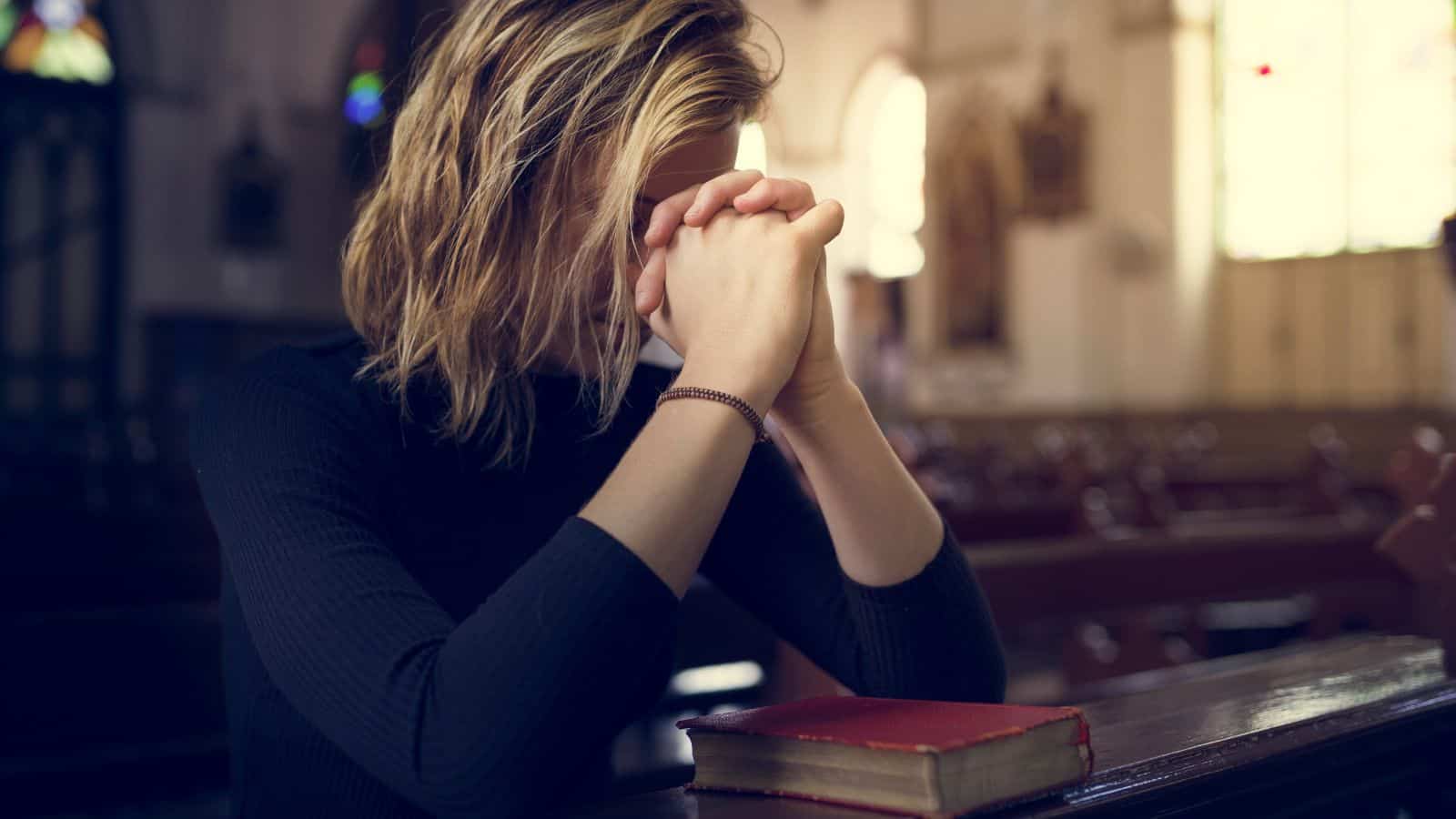
Religious images and statues are commonly used in acts of prayer and devotion in the Catholic faith. The Bible never says that prayer requires assistance from an object, but many Catholics always use a rosary. In Church services, icons and figures will be used by the clergy as part of the ritual.
Catholics have a Biblical Canon
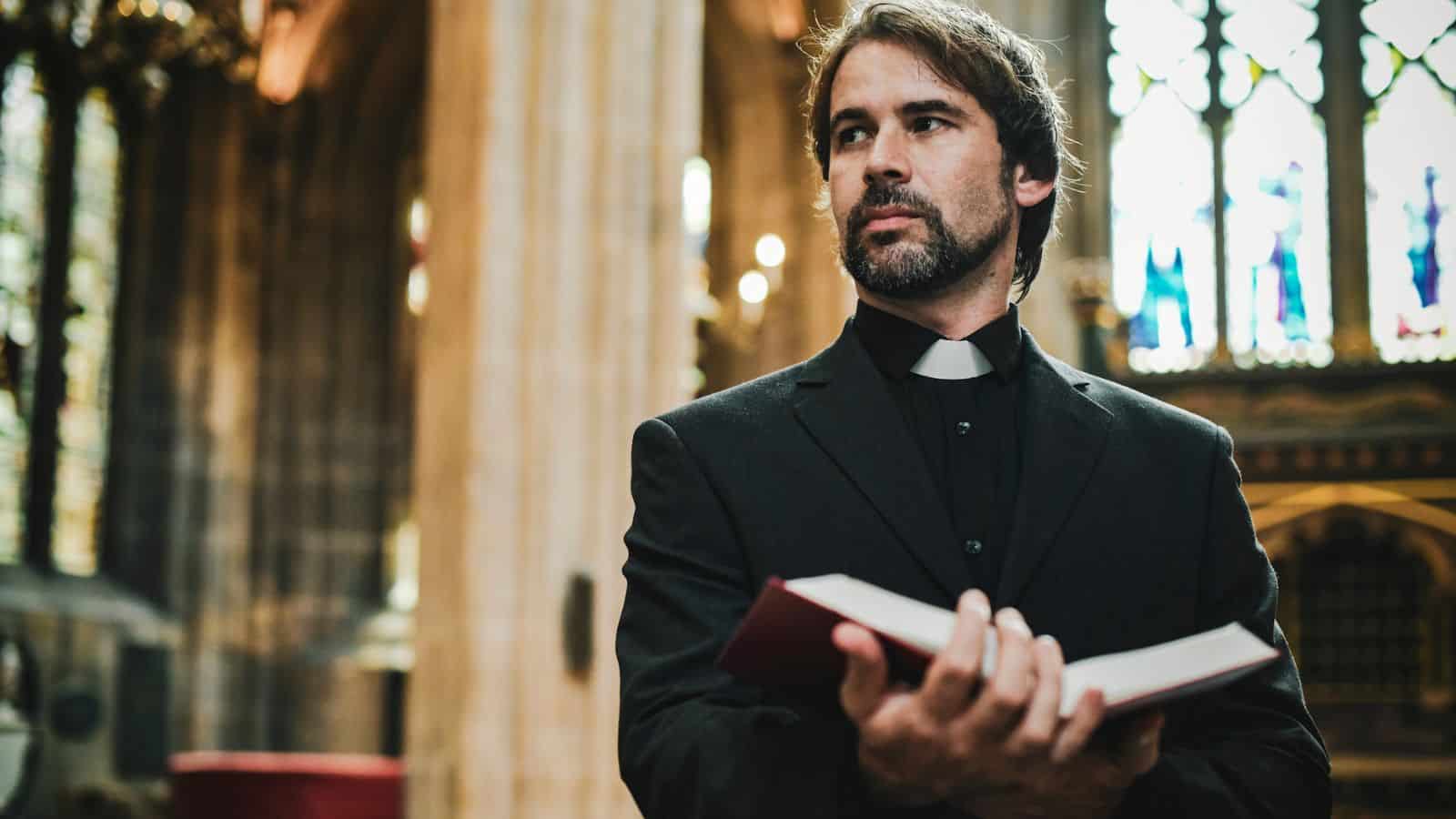
The Catholic Biblical Canon is a set of texts that are included in the Catholic bible but not the Protestant. While these texts are considered to be biblical, they are not actually books of the Bible but a collection of sacred texts that were agreed to be divinely inspired and should belong to the Bible.
Abortion is viewed as a sin
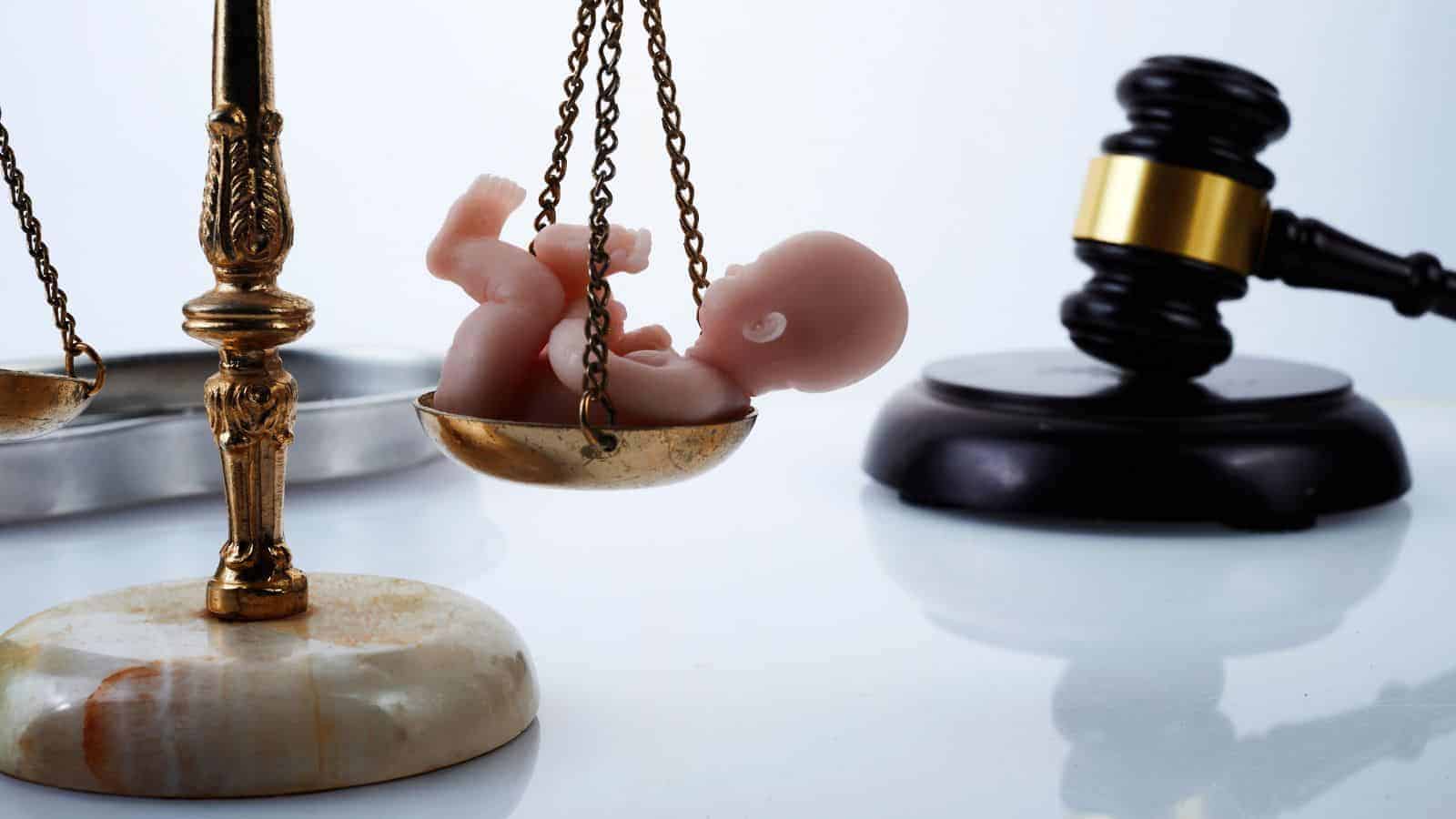
A somewhat controversial part of Catholicism is that abortion is viewed as immoral. Although somewhat different to modern methods, abortions were carried out in the Biblical times, yet the topic was never discussed in the Bible. Nevada Current states that the only connection between the Bible and abortion is the teachings on the value of life.
The use of birth control is immoral

While many Christian denominations have relaxed their views on birth control, the Catholic Church has maintained that the use of birth control to prevent new life is a sin. As birth control was not invented in Biblical times, it is no surprise that it is not mentioned in the Bible and therefore, not forbidden.
Up Next: 19 Things Men Want To Avoid As They Get Older

19 THINGS MEN WANT TO AVOID AS THEY GET OLDER
18 U.S. Cities Americans Say Are the Best to Live In

18 U.S. CITIES AMERICANS SAY ARE THE BEST TO LIVE IN
17 Most Common Reasons Men Break Up With Women

